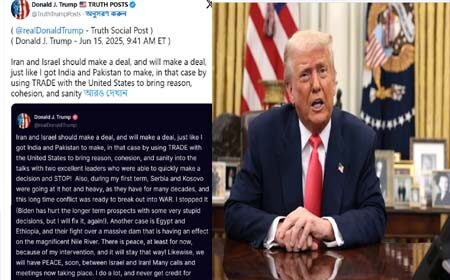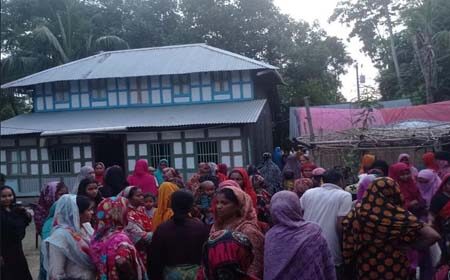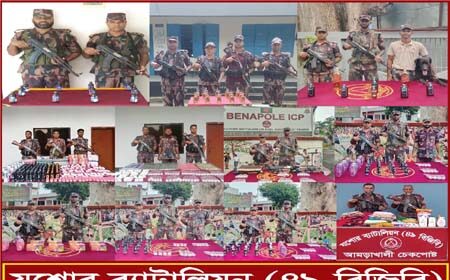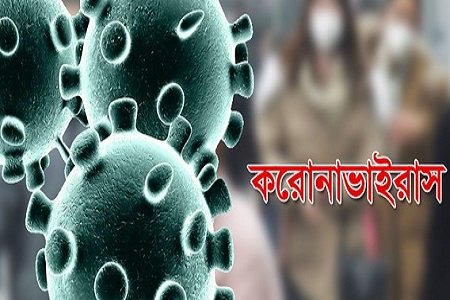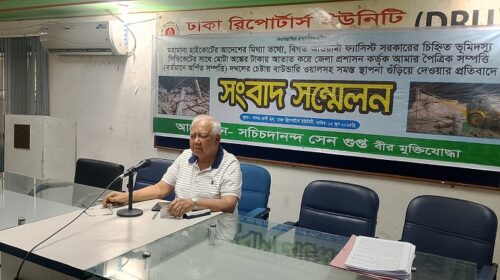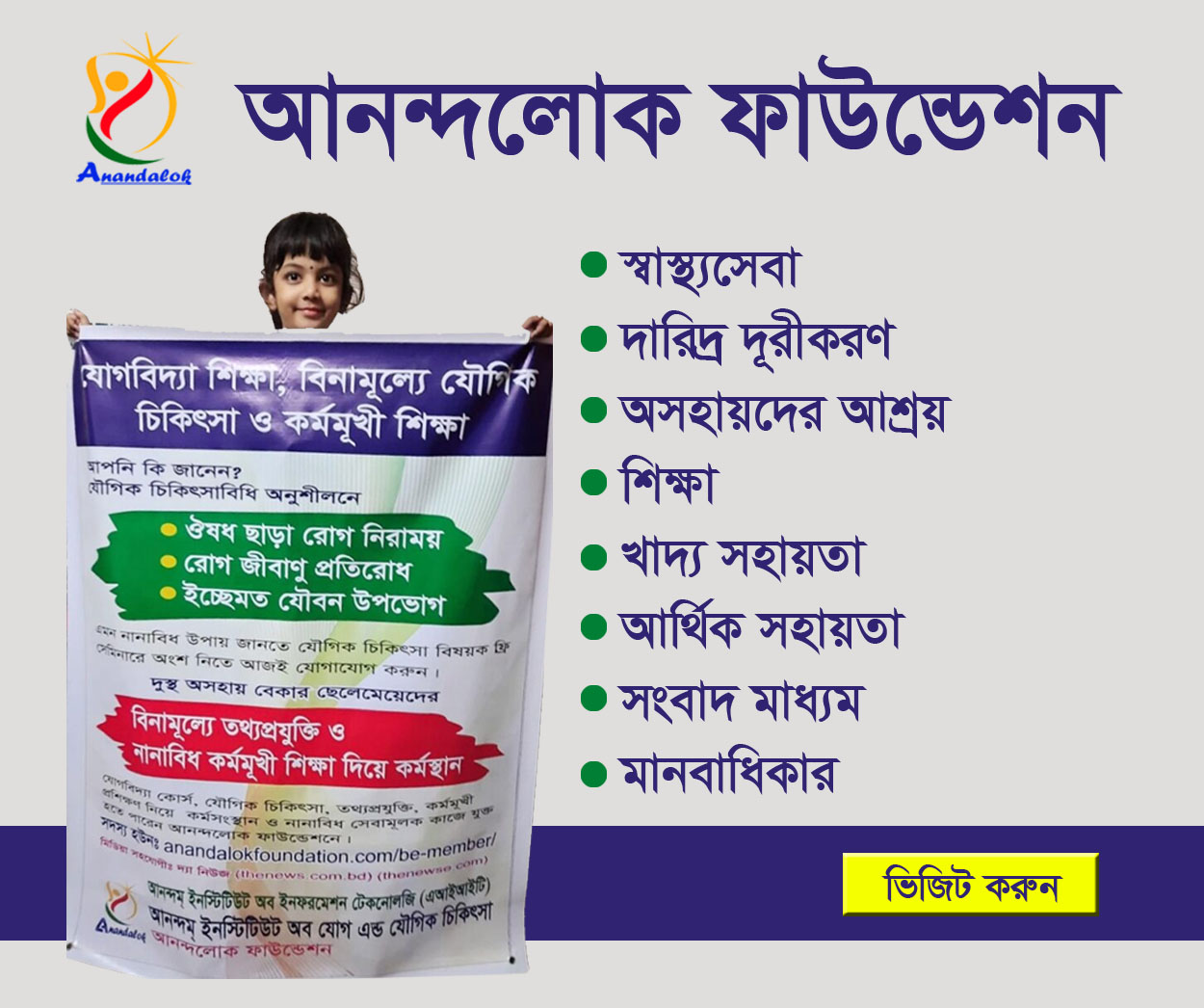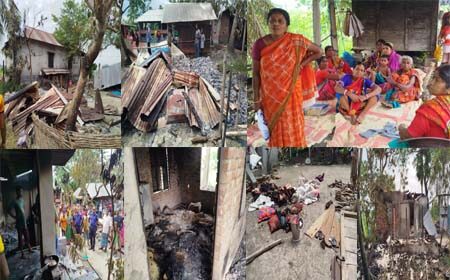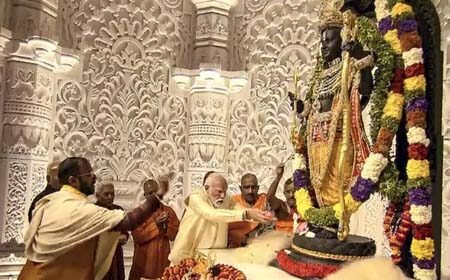The News Report: Former prime minister Khaleda Zia and five others have been accused of misappropriating Zia Orphanage Trust fund Mr. Rajib Sharma/The News
The ex-prime minister awaits verdict in a corruption case
Legal experts say BNP Chairperson Khaleda Zia can still take part in the next national election even if she is convicted of corruption by a special Dhaka court.
They say the former prime minister can move the High Court to get a stay on her punishment and get back her right to contest polls.
A special Dhaka court is scheduled to deliver its verdict on Khaleda in the Zia Orphanage Trust corruption case on February 8. The BNP chief, her eldest son Tarique Rahman and four others have been accused of embezzling Tk10.72 lakh.
Anti-Corruption Commission (ACC) lawyers say they hope Khaleda will get life imprisonment while the defence counsel is optimistic that the BNP chief will be acquitted.
If anyone is jailed for two years or more for a criminal offence involving moral turpitude, that person will not be allowed to contest election unless a period of five years passes after the release, according to the Constitution.
Lawyers point out that verdicts delivered by the subordinate court are not final. The filing of an appeal means that a verdict has been challenged and that the matter is yet to be resolved. This means the person convicted by the subordinate courts will have the chance to participate in polls.
Former law minister Shafique Ahmed clarified: “If anyone is convicted and jailed for two years or more for moral offences and if the punishment is upheld by a higher court after appeal, that person cannot contest polls before five years from the date of his release.
“However, if the verdict is stayed after an appeal and the person is out on bail, then she or he can take part in the election.”
Dhaka University’s law Professor Asif Nazrul said the subordinate court’s verdicts could not be considered a full conviction.
“The punishments handed down by the subordinate courts are not final,” he said. “These are incomplete. There are numerous examples of the High Court overturning such verdicts.”
Nazrul said the punishment meted out by the subordinate court would be stayed as soon as an appeal is filed against it in the High Court. “In that case, there will be no legal bar to contest polls.”
Referring to Khaleda’s case, he said there could be impediments to her taking part in the election if the government formulated a law, specifically targeting Khaleda, to prevent anyone convicted by the subordinate court from contesting polls.
“But if such a law is formulated, it can be challenged in court,” the professor added.
Supreme Court lawyer Jyotirmoy Barua echoed others, saying the subordinate court’s verdict was not final. The filing of an appeal challenging such a verdict will mean that the matter is yet to be resolved.
“If the subordinate court’s punishment is upheld when the judgments are resolved at the final stage, then the convict cannot contest polls before a period of five years after serving the sentence,” he added.
Jyotirmoy pointed out there were instances where the court did not grant permission to take part in the election even when the appeal was pending.
“Nasir Uddin Ahmed Pintu’s candidacy was cancelled after his conviction by a subordinate court, even though his appeal was pending,” he said. “But in the same case, others, including Dr Mohiuddin Khan Alamgir, were allowed to contest.”
Jyotirmoy said they interpreted the law after reviewing the existing sections of the Constitution, but these are not legal decisions.
“Which means, we cannot say that the explanation we are giving is the sole clarification,” he said, noting that nobody had yet approached the court with such an issue.
“I think it is high time we sought an explanation from the court. That will be a permanent solution.”
This article was first published on banglatribune.com


